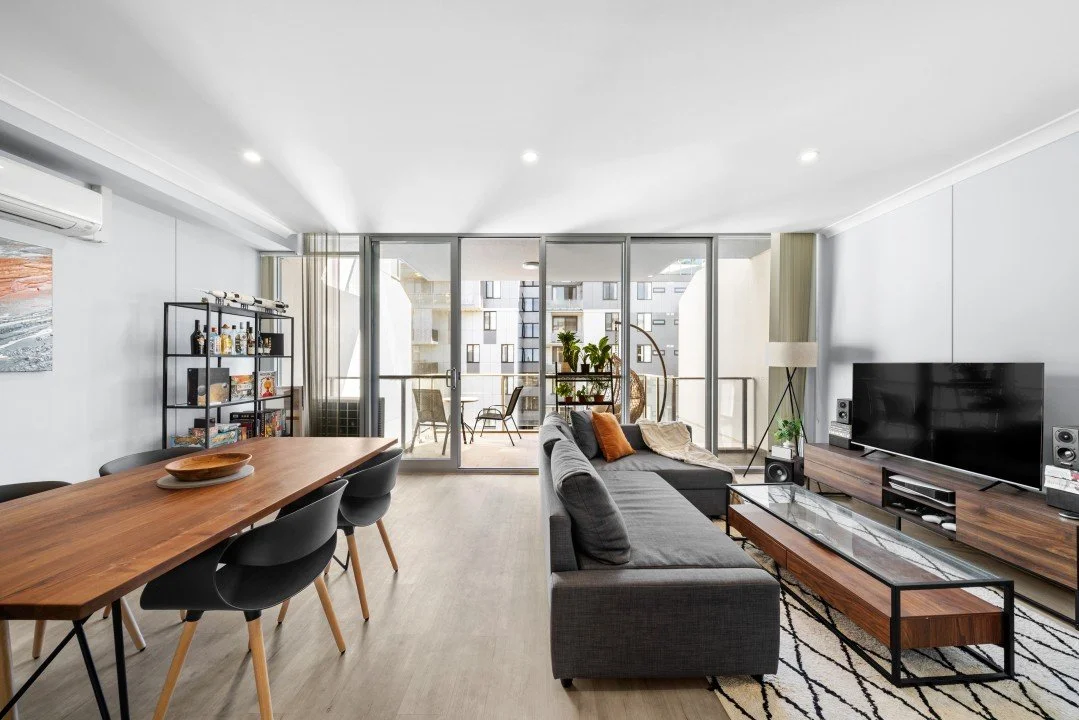Stamp duty isn't going anywhere until we can agree on the tax to replace it
/Nearly all economists and most politicians seem to agree stamp duty is a bad tax. But nearly all state and territory governments rely on it to keep the lights on.
It’s a bad tax because it taxes homeowners every time they move, merely because they have moved. At A$40,000 per move on a median-priced home in Sydney or Melbourne, it’s enough to dissuade people from moving for a better job or to a bigger or smaller home when they have children or their children move out.
It’s even a de facto tax on divorce. When a family home is sold to allow assets to be split, each member of the separating couple needs to pay stamp duty to purchase again. It’s a big reason more than half of divorced women who lose their homes don’t buy again within a decade.
Read More












Loanscape has today released its Borrowing Capacity Index for Q2/2024. It shows that the borrowing capacities of Australian individuals and families have stabilised after the sharp decline over the past 2 years. Lower income borrowers continue to be disproportionately impacted by interest rate increases: the family income required to qualify for the average size loan in Australia is 35% higher than 2 years ago.